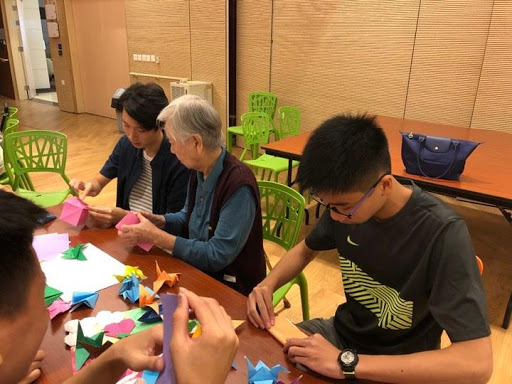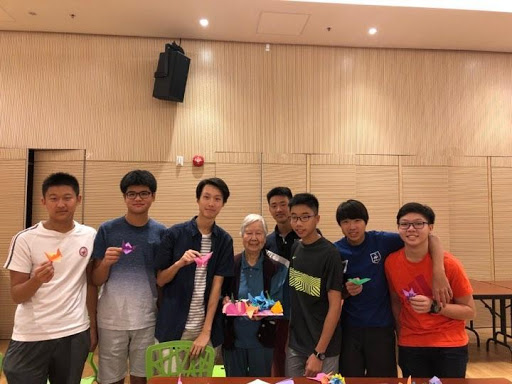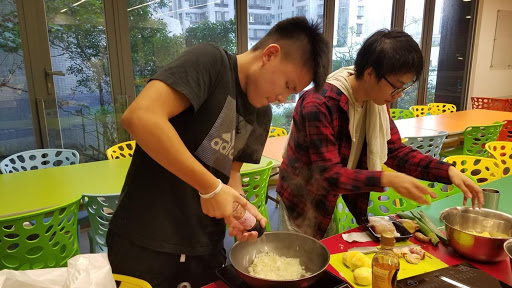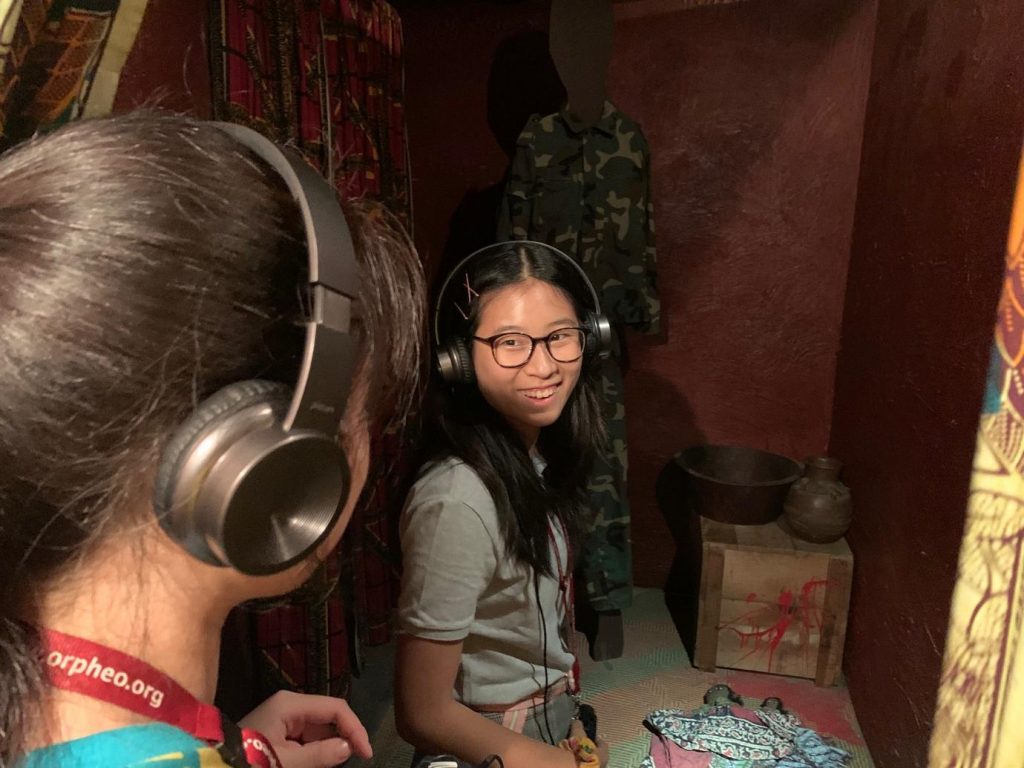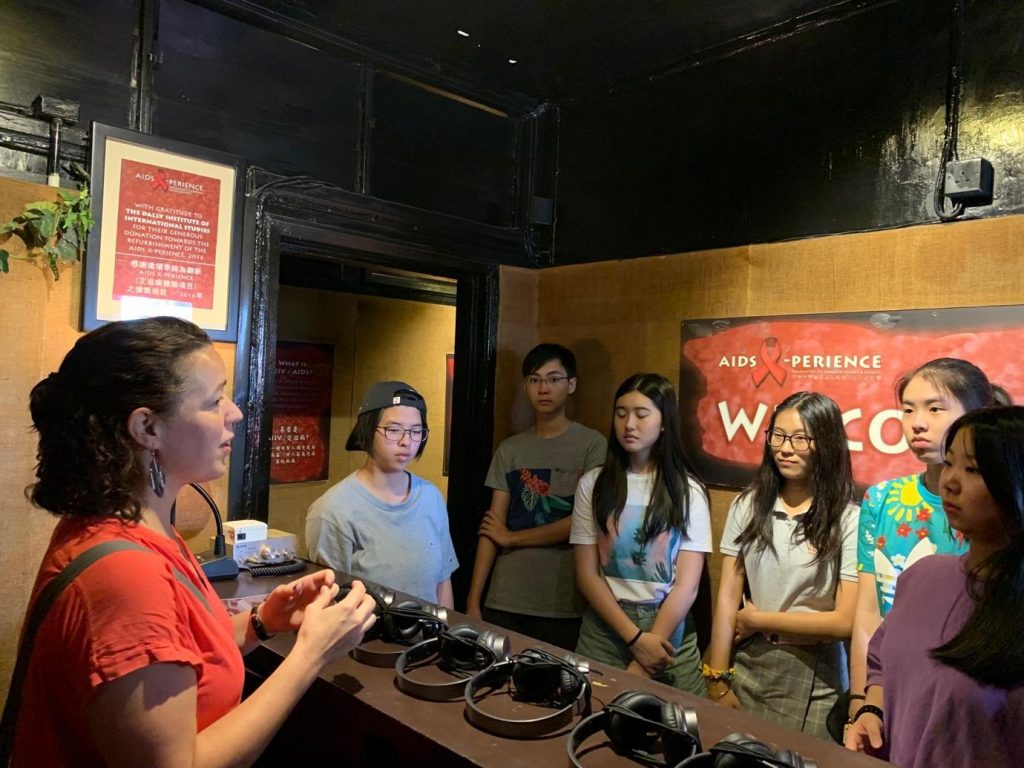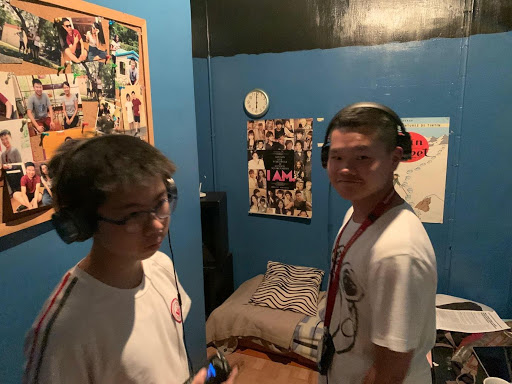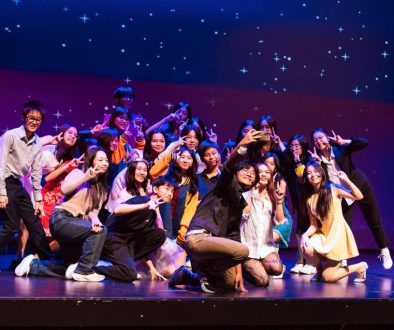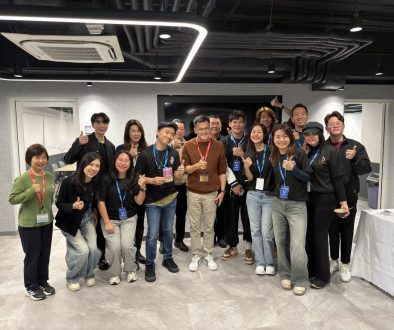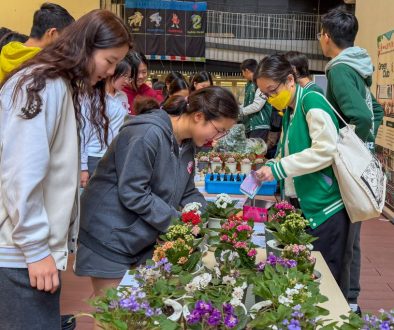S4 Camp
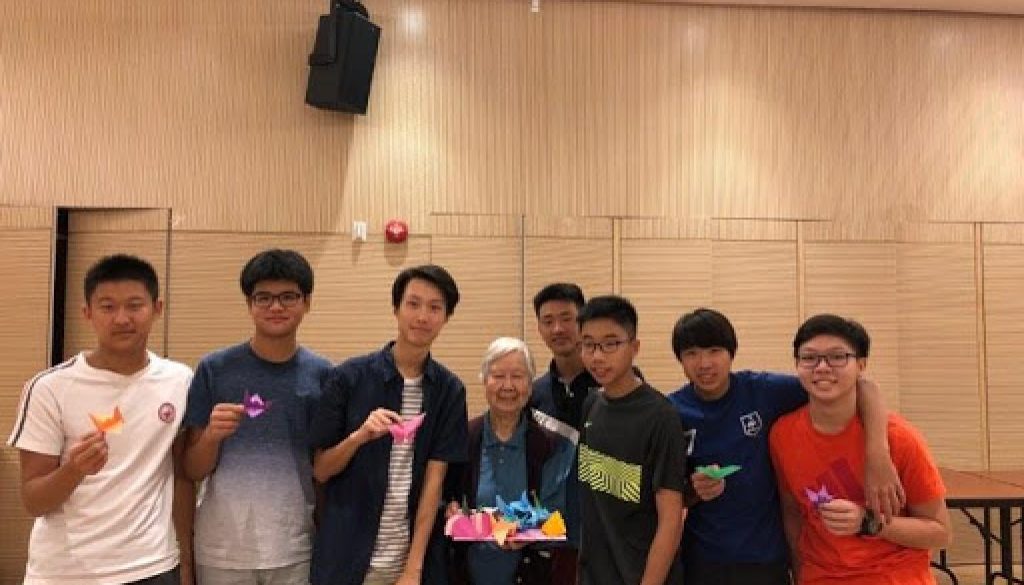
Justin Fok (S4M)
This year, we, the S4 students were waiting enthusiastically for our S4 camp as it was the first time that the theme and all activities were planned and managed by us. After a long period of deliberation, we decided that our camp should have themes that link with “social responsibility” and “empathy”. This was to remind ourselves that each of us had the obligation to act ethically for the benefit of the society at large and to make our world a better place for everyone regardless of one’s gender, age, physical or health conditions. In order to accomplish that, we felt that we must first inculcate “empathy” into our mindsets. We need to have the capacity to understand or feel what another person is experiencing, that is, to be able to put ourselves in someone else’s shoes and to feel the need to care for others and have a desire to help them. To achieve this, we did extensive research and planned visits to various charitable organisations including Sunshine Complex for the Elderly, Crossroads Community Service Centre, SPCA and Food Angel to meet people from different walks of life, gain insights into their worlds and learn from their experiences.
The first day of the camp was filled with marvellous activities to help us reinforce our theme. We headed to different charitable organisations in groups. As every group had to plan their own way to get to their destinations on time, we had to collaborate and cooperate in order not to get lost!
My group started off with an entirely new experience at No. 29 Nam Long Shan Road in the morning as we visited the “Sunshine Complex for the Elderly”. It is a low rental facility which caters for senior citizens aged 65 or above who lack self-care ability due to poor health or illness but are free from contagious disease and mentally suitable for communal living. Upon our arrival, we were welcomed warmly by many wrinkled friendly faces, and within minutes we made new friends. It was not hard as they reminded us of our own grandparents. The elderly were very patient and tolerant and were participative in the activities we had planned for them. We were impressed that they were very attentive and that they learned new skills quickly, even with making origami. Origami can be a difficult task as it requires very delicate and precise handwork, in a specific sequence. During the step-by-step process, we had the opportunity of talking and chatting with the elderly, as we worked together with them on the folding of origami. This developed our teamwork and communication skills. At the end of the enjoyable morning with the seniors, we offered handmade origami templates to every elderly as a small token of appreciation and we thanked them for spending time with us. We now appreciate our grandparents and the elderly more as from our experience at Sunshine Complex, they can actually be fun, smart and witty! This has debunked our misconception of “generation gap” between the elderly and teenagers. This experience has enlightened us that if we care to spend more time with the elderly and communicate closely with them, there would be no generation gap between us. We should respect them and take good care of them as we will grow old one day and long for the same treatment from our next generations too.
My group’s lunch was at a Japanese restaurant nearby, where they served hot and comforting ramen at affordable prices. After we had our scrumptious lunch, we made our way to a wet market where we had the freedom to choose any ingredients we wanted for our own hot pot dinner on a generous budget. We buzzed through the market, grabbing our favourite ingredients as if we had been starved for days, then made our way back to school carrying bags of groceries enough for the whole school.
Around dinner time, we made our way to the familiar school canteen, except this time we were not there to purchase food – we had to prepare our own. The coordination among us was fantastic as we volunteered and took up different tasks swiftly. Some of us were engaged in washing dishes, cleaning pots and preparing food in the kitchen, and some were moving tables and chairs briskly to form clusters. Food was sorted out among the table groups unerringly, allowing the hotpot dinner to commence almost immediately. There was generous sharing of food across all groups, and everyone had a good bite of sausages, fish balls, tofu, and the healthy greens too. We enjoyed the self-made hotpot dinner thoroughly – laughing and joking throughout the evening. After having filled our stomachs, everyone stayed back voluntarily to help clean up. The canteen was devoid of any stains and marks, virtually cleaner than before we arrived. The experience in preparing and hosting our own dinner actually enhanced our household domestic skills and team work tremendously! Everything did taste better as we had put hard work into it.
Most student-led activities were held swiftly after dinner. Of the numerous games played, the most memorable one would be the Nerf gun battles. As we ran around the primary school campus, constant screams of surprise and pure joy echoed in the background. We were like 6-year olds again! It was very stress relieving. Exhausted from a day packed full of engrossing activities, it was time to turn in.
On the second day, we started off early in preparing our own breakfast. We laid out heaps of bread, piles of scrambled eggs, stacks of fruits, and various types of cereals and drinks in a dramatic fashion. The food was very palatable, and in no time the breakfast table was all cleaned out. After breakfast, similar to Day One, the different groups had to sort themselves out and make their way to different charitable organisations.
My group was scheduled to visit Crossroads Community Service Centre located in Tuen Mun where we would experience two simulations: people with AIDS and people with complete visual impairment. We made our own way there by taking a public bus and with the help of Google map. We were welcomed by very affable staff, who led us to the AIDS simulation venue. We were each given a headset and an MP3 and then we walked through the venue to have a very unique experience: each section portrayed a character and the storyline was based on a real-life case. The props were thoughtfully and appropriately laid out, so each room genuinely made you feel as if you were the character yourself. Through this experience, I find it easier to empathise with the people who contracted AIDS. You could feel the despair and hopelessness they face realising how their world had been completely changed, and also how the world views them as awkward and unlikeable individuals. I think AIDS is still a commonly misunderstood disease and continues to be a taboo subject as many assume that AIDS carriers contracted the disease from undesirable behaviours or shady channels. This is not always true as an innocent newborn can be infected by their mothers during pregnancy or childbirth or breastfeeding, and innocent people can be infected through the inappropriate sharing of syringes. There were many posters on display addressing this issue, and a particularly memorable one said “fight AIDS, not people with AIDS”. We as a society should give these individuals a better opportunity to express who they are and be more embracing.
The second activity was the simulation of blindness. Our senses were heightened when we were led in to a pitch dark area. We were provided sticks as a tool to help us detect obstacles and manoeuvre through the simulated scene which was an African village with a winding maze of twists and turns. Without sight and relying on our other senses, such as sound and touch, making it much more difficult to move around. After what seemed like hours, we managed to weave through all the distinctive simulated scenery. What surprised us the most was when the guide revealed that she was blind because she had completed the journey so effortlessly. We felt that the experience brought the saying “we have to walk a mile in someone else’s shoes to feel empathy” to reality for us. Even if we may not be able to provide much material support, such as through large scale fundraising or donations, we can still make the world better by providing spiritual support to those who are less privileged. Through wholehearted care and support, we can bring light to their hearts and guide them through obstacles in life.
After a long day, we all gathered back at our school for dinner. Everyone had the choice of picking their own food. Many groups used food delivery apps to order their food. A mixture of cuisines including Chinese, Japanese, Vietnamese, burgers etc turned up on various dining tables. At the end of the dinner, a very special event was held: our very own talent show! We were fascinated by the effort put together by the countless performers and the variety of their talents in our midst: piano players, vocal imitators or singers, they all were a pleasure to watch. This day was just as exhausting as the first, but nevertheless enjoyable and entertaining.
On Day Three, we were given time to reflect on how we as individuals had contributed to the camp. Many of us thought deeply about this, and as we departed, we were proud of what we had set out to achieve. We went through experiences which called for us to be more respectful to the elderly and to have a better understanding of the unknown e.g. AIDS and be more empathetic towards the less privileged e.g. the blind. It is indeed always a blessing for us to be able to give than to receive. We should provide support and help, no matter how small or big, to make the world around us a better place for everyone.

